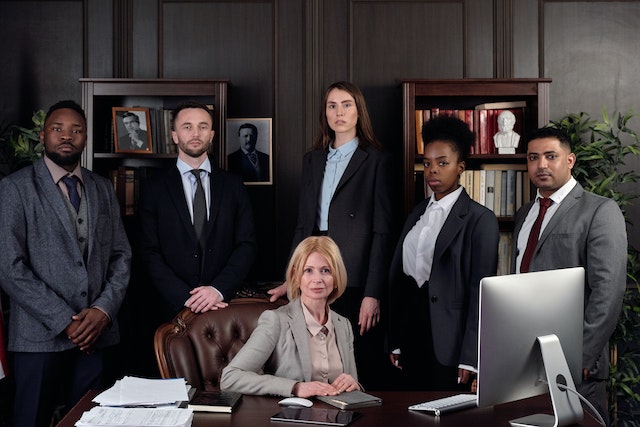
The list of tools that lawyers need to stay organized is long. Whether you’re a lawyer just starting in the profession or an experienced lawyer looking for new ways to stay on top of your practice, these tools can help you keep everything in order. Here are some tools for lawyers to stay organized:
1. Diary and calendar apps
The diary and calendar apps provide a simple way to stay organized for lawyers. They can be used to track deadlines and appointments, but they can also be used for more complex purposes. Calendar apps are designed to keep track of events like meetings, birthdays, and anniversaries. They can also help you schedule meetings with other people by sending them invitations through the app. Diary apps are similar to calendar apps in that they allow you to create events, but they differ in that they’re intended for personal use rather than business purposes. Diary apps are often more customizable than calendar apps because they offer more features and options for how you want your data displayed. Some diary apps even allow you to record audio notes that will play when the event occurs on your calendar or phone’s home screen. This feature can be helpful if you’re recording something important that you need to remember later on.
2. Task management apps
If you’re a lawyer, you’re probably busy. And if you’re too busy to keep track of all the things on your plate, you’ll be even more stressed out. Task management apps can help you stay organized and on top of everything that’s coming your way. Here are some task management apps for lawyers:
Trello is a free online project management tool that allows users to create lists and cards. It’s perfect for lawyers because it allows you to create tasks and then assign them to other people in your organization. If you’re looking for an easy way to keep track of your work and delegate tasks, try Trello.
Asana is another online task management tool that helps teams organize their work into projects with different sections. The app also comes with an intuitive interface that makes it easy for anyone on your team to get started right away. It’s perfect for lawyers who want an easy way to manage projects without having to learn a new system from scratch every time they start a new case or client.
3. Email management system
Email is the most important tool for lawyers. It’s the main way you communicate with clients and other lawyers. Without a good email management system, you’ll be buried in a mountain of emails and unable to find anything. The best solution is to use an email management system that automatically organizes your emails into folders by client or work project. It should also allow you to file away any emails that are not relevant so that you can access them later if needed.
4. Filing system
A good filing system is essential for any lawyer who wants to stay on top of their caseload. This can be as simple as using manila folders and labels in alphabetical order or organizing files by case number or client name. You should also consider creating folders for different types of cases or issues so that everything related to each one will be together in one place. If you’ve got a lot of clients or cases going on at once, it might be helpful to use an electronic filing system so that you can access it from anywhere with an internet connection.
5. Electronic document and data management systems
Electronic document management systems are the backbone of most law firms. Lawyers and law firms have unique needs when it comes to technology. That’s why IT support for lawyers is essential. They allow lawyers to store documents digitally, then organize and access them using a variety of search methods. Some programs also allow lawyers to create folders and subfolders, set up metadata fields and label documents with keywords. This makes it easier to find documents when they are needed, which is especially important if you have thousands or millions of documents in your system. Many electronic document management systems include word processing functionality, allowing you to edit documents directly within the program.
Organizing is an important part of being a lawyer, and each person will have their unique way of getting it done. But don’t be too quick to dismiss technology as a tool for organization; the right software can help you stay on top of your practice with better efficiency.


